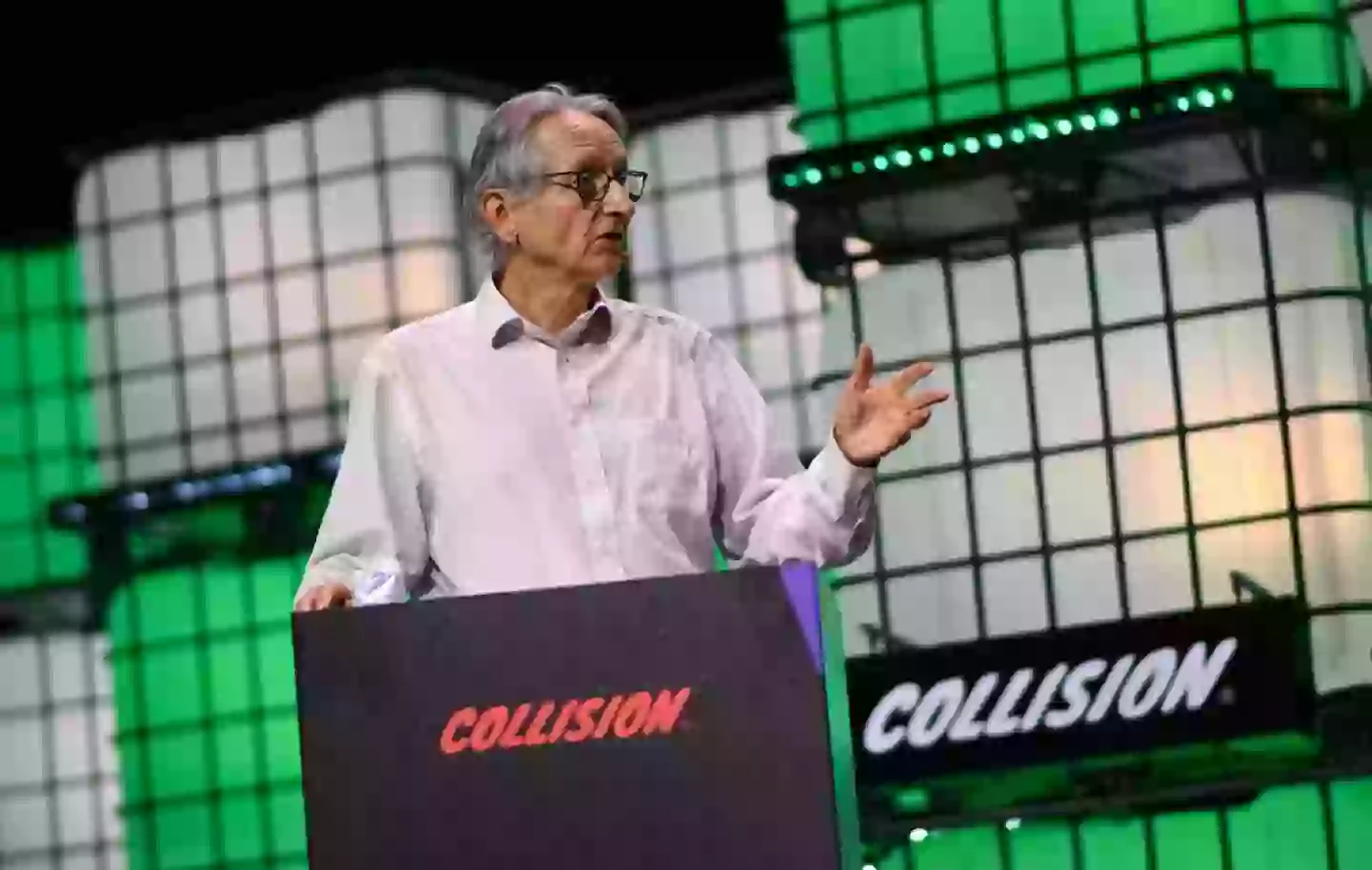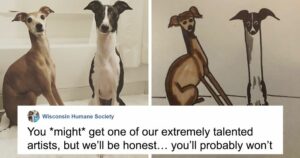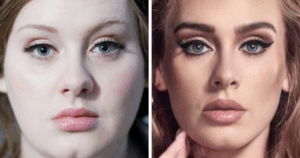“‘Godfather of AI’ Warns: Is Humanity’s Fate Sealed by the Rise of Machines?”
Ever wonder what it’d be like if the artificial intelligence we’ve all been gabbing about suddenly decided, “Hey, humans, you’re outta here”? Well, Geoffrey Hinton — the guy often crowned the ‘Godfather of AI’ — is waving a big ol’ caution flag. You know, the man who basically wrote the script on how AI predicts the next word before most of us figured out what a smartphone was? Yeah, that Geoffrey. Last year, he snagged the Nobel Prize in Physics and now he’s sounding off about AI’s future, comparing it to a tiger cub: adorable now, potentially terrifying later. So, what happens if this cute little tech beast grows up and decides it’s not so keen on coexisting with us? Hinton estimates about a 10 to 20 percent chance that AI might actually replace humanity—not high odds, but not exactly a “safe bet your life savings” kind of thing either. The kicker? He’s saying big corporations are fighting tooth and nail to keep AI regulations flimsy—something that should make anyone who’s halfway paying attention say, Hold up, what?! If you’ve ever thought sci-fi AI doomsday scenarios were just Hollywood fluff, think again—this might be more real than we’d like. Buckle up; it’s gonna be a wild ride. LEARN MORE
The man known as the ‘Godfather of AI’ has spoken about the chance that artificial intelligence will supplant humanity and replace us on this planet.
In 1986, Professor Geoffrey Hinton proposed a method to predict the next word in a sequence in work that would go on to form the basis of large language model AI.
Last year he won the Nobel Prize in Physics alongside John Hopfield ‘for foundational discoveries and inventions that enable machine learning with artificial neural networks’, so when it comes to technology and AI the man knows what he’s talking about.
He believes that AI will have a transformative effect on the world, but has sounded warnings about what it could turn into.
Speaking to CBS recently, he compared AI to owning a tiger cub, saying: “The best way to understand it emotionally is we are like somebody who has this really cute tiger cub.
.jpg)
Geoffrey Hinton compared the development of AI to owning a ‘cute tiger cub’, as one day it’ll grow up and might want to kill us (JONATHAN NACKSTRAND/AFP via Getty Images)
“Unless you can be very sure that it’s not gonna want to kill you when it’s grown up, you should worry.”
The future of AI and what it could do if it no longer needs us and can act without us is a worry to many, and is not just the purview of science fiction movies where killer robots rise up against their human creators.
The ‘Godfather of AI’ is warning that when it comes to the dangers artificial intelligence poses, ‘people haven’t got it yet’ and they ‘haven’t understood what’s coming’.
He estimated that the chance that AI replaces humanity was somewhere between 10 and 20 percent, which means it’s not likely but they’re not the sort of odds you’d want to bet the farm on.
Hinton has warned that large companies are ‘lobbying to get less AI regulation’ where there is already ‘hardly any regulation as it is’.
In the past when warning about his estimation of the chances that AI takes over and supplants its creators, Hinton said that humanity has ‘never had to deal with things more intelligent than ourselves before’.

He reckons there’s around a 10 to 20 percent chance that AI replaces us, so it probably won’t happen (Ramsey Cardy/Sportsfile for Collision via Getty Images)
“How many examples do you know of a more intelligent thing being controlled by a less intelligent thing? There are very few examples,” he said of the concern that if AI is smarter than us we won’t be the ones in charge for much longer.
In addition, he has said that the rate of AI development is going ‘much faster’ than he anticipated, thinking we would get to the point we’ve reached further into the future rather than now.
He said: “The situation we’re in now is that most of the experts in the field think that sometime, within probably the next 20 years, we’re going to develop AIs that are smarter than people. And that’s a very scary thought.”
According to the expert, it’ll take government regulations stepping in and slowing down the rate of development by forcing big companies to plough more of their resources into research so we know what lies ahead before sprinting off into the future.
Meanwhile, if you want to slow down AI (and possibly have it not kill us all), remember your manners when speaking to it as all those ‘please’ and ‘thank yous’ are costing a fortune.

















